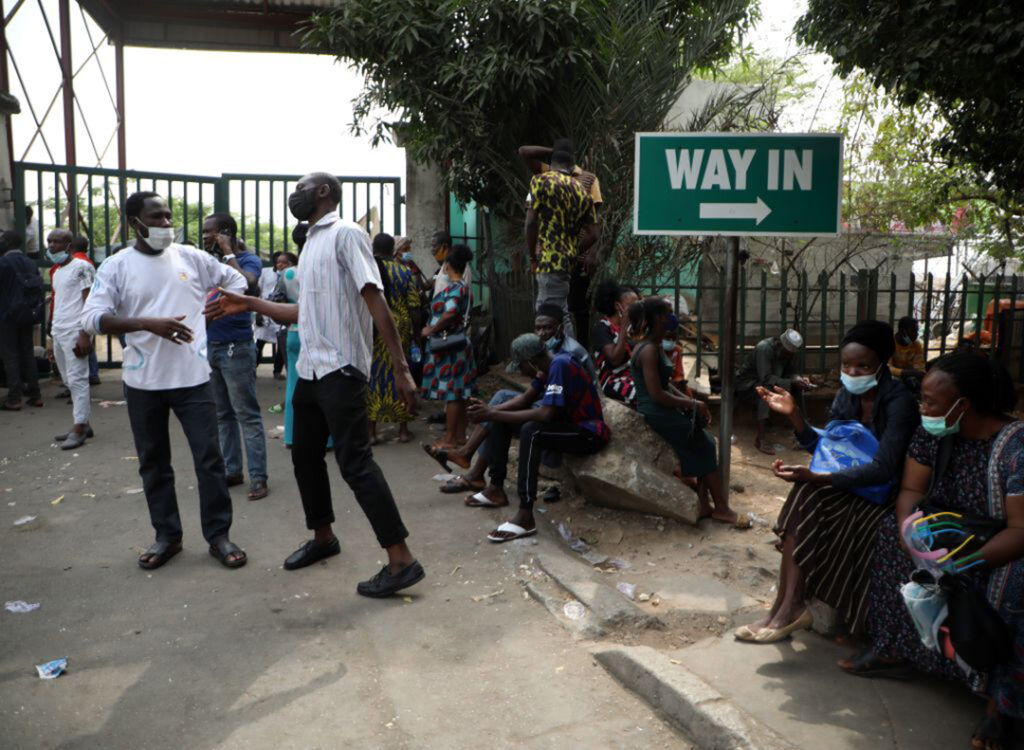ADF STAFF
As COVID-19 cases in Nigeria increased in mid-June, health experts worried that the nation was not close to achieving herd immunity.
Herd immunity is when a high percentage of a population is immune to an infectious disease, either through medical treatment or after recovering from an infection. It provides indirect protection to the entire population. When the virus cannot jump quickly from person to person, the spread slows down and eventually the virus ceases to be a threat.
Health officials wanted to reach herd immunity by September.
“It is clear that the journey is still far to the destination, and more aggressive actions need to be taken to fast-track the process to achieve herd immunity against COVID 19 infection in Nigeria,” Dr. Faisal Shuaib, director-general of the National Primary Health Care Development Agency, said in a report by Nigerian newspaper Daily Trust.
According to the Nigeria Centre for Disease Control (NCDC), the epicenter of the latest COVID-19 outbreak was in southwestern Lagos State, which reported more than half of the recent cases. Lagos is the nation’s most populous state but is the smallest in area. The recent uptick in cases was attributed to civilians disregarding longstanding prevention measures and increased testing.
NCDC Assistant Director Kola Jinadu said the latest spike was driven by omicron subvariants BA.4 and BA.5.
“Until the pandemic is over, any threat for any part of the country is a threat everywhere,” Jinadu said in a BBC report. “I beg all states to be on alert and proactively detect and respond to any possible case surge.”
In mid-July, officials in Ekiti State, also in southwestern Nigeria, urged the public to be mindful of COVID-19 protocols during the Eid-el Kabir festive season.
“The Ministry of Health will continue its surveillance activities to ensure quick detection and mitigation of the spread of COVID-19,” Dr. Oyebanji Filani, Ekiti State’s commissioner of health, said in a statement.
Infection rates in Ekiti State declined steadily since November 2021 and isolation centers were at low capacity at the time of Filani’s statement.
“However, as the state Ministry of Health continues to monitor the recent wave of COVID-19 spread across the country, all residents are admonished to beware of spreading the virus,” Filani said.
Dr. Ifedayo Adetifa, director-general of the NCDC, called for increased “individual and collective responsibility” nationwide.
“The virus that causes COVID-19 is more likely to spread in mass gatherings and when people do not adhere to preventive measures such as physical distancing, mask use and hand hygiene,” Adetifa said on the center’s website.

